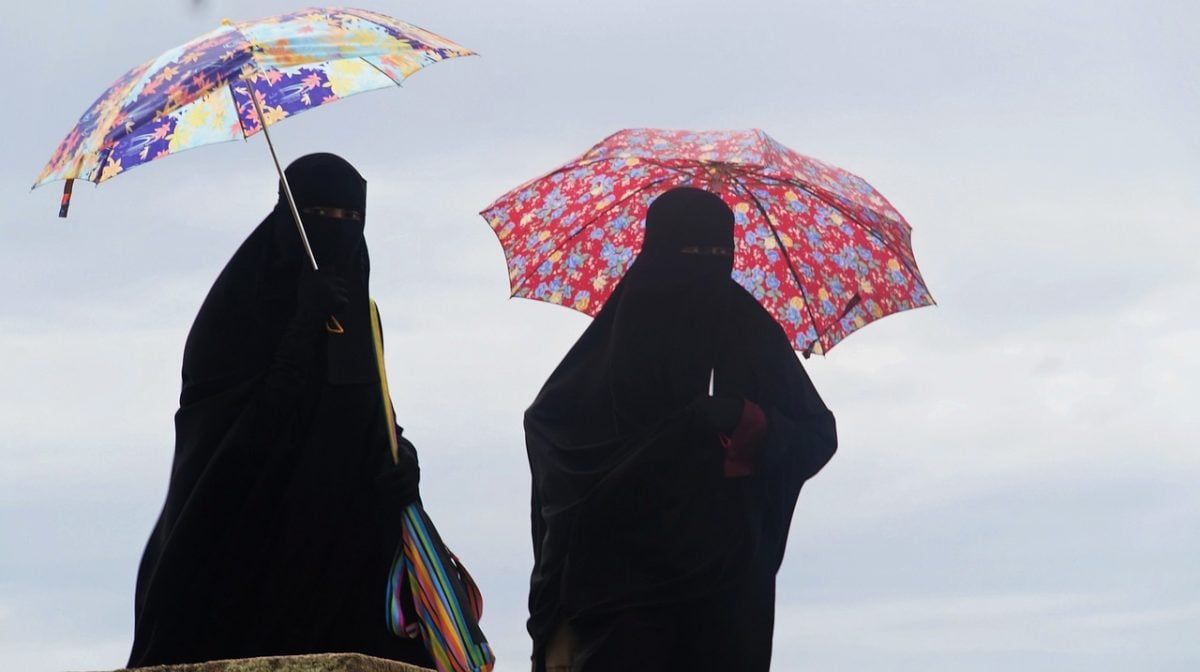
Norway's minority government has proposed to ban face-covering garments at schools, daycares and other educational institutions.
The current Finance Minister Siv Jensen (Progress party), Minister of Education and Integration Jan Tore Sanner (Conservative) and Minister of Education Iselin Nybø (Liberal party) made the proposals last week at a press conference reported by NRK.
The proposals are expected to pass with a majority, given that some of the opposition parties have previously said they will support such a ban, and there have been some exceptions added since the original proposals were suggested.
Ensuring good communication
Sanner said that the ban will ensure “good communication” in educational situations. “Although there aren't many who use the burqa and niqab today, there are examples of this. With a national ban, there will be more equal and clearer rules for all”, he said.
“Norway is an open society in which we are used to seeing each other face to face. This is important in teaching situations, day care centers and schools”, he continued.
The government has followed through on the ban that was originally announced in their coalition agreement earlier this year, along with items such as dual citizenship which are yet to receive focus. It should be noted that the ban does not cover the hijab, when it clearly shows the wearer's face.
How the ban will work
The implementation of the ban depends on the location. In kindergartens, the ban applies to employees during working hours, while in primary and secondary schools, it applies to both students and employees, but only while teaching is in progress. It won't apply during breaks, but it will apply to other teaching situations such as school-based recreation and homework assistance.

In universities and colleges, students, professors and other teachers cannot cover their face during a lecture or other teaching scenario. While the original proposals had including a total ban during working hours, this final proposal excludes breaks and other times where teaching is not taking place.
First Nordic country with such a ban
Assuming the proposals becomes law, Norway will be the first Nordic country to introduce a national ban. Siv Jensen told NRK that it is about securing a society where one can see and identify each other.
“This is a powerful signal towards what we want the fundamentals of our society to be. As of today it is not an extensive problem, but then it is easier to introduce a ban before it becomes a problem”, she said.
Not an extensive problem is certainly an understatement. It's estimated that somewhere between 50 and 100 women use such garments in Norway.
Around the world
In 2011, France became the first western European country to ban people from wearing face-covering garments in public places. The law, which didn't specifically mention Islam, has been divisive in a country that has long faced tensions between its Muslim and secularist communities.

The French-speaking Canadian province Quebec has banned people with face coverings from receiving public services or from working in government jobs. So much so, that it's illegal to ride a public bus or receive public healthcare while covering ones face.
Austria forbids women from wearing garments like burqas or niqabs in public, including in universities and on public transport. Those in violation of the rules that took effect in October last year face spot fines of about 150 Euro.


glad to hear that
I feel that Norway, as well as other countries are doing the appropriate thing with the ban. If someone desires to live in a foreign country the laws of that country should be followed especially as proposed use for Educational Purposes.
I totally support this movement!
Excellent move Norway, if people don’t want to adapt to a new culture they should not move there.
I wish Canada would take this stance, we are overtaken with every “other” right except ours.
Thank you!
Finally, a country that gets it. Or at least this one aspect. The UK, Sweden, and Germany are turning into cesspools, hopefully other countries are learning what NOT to do by their example.